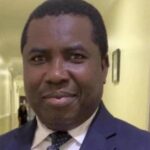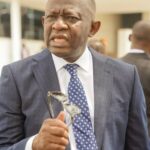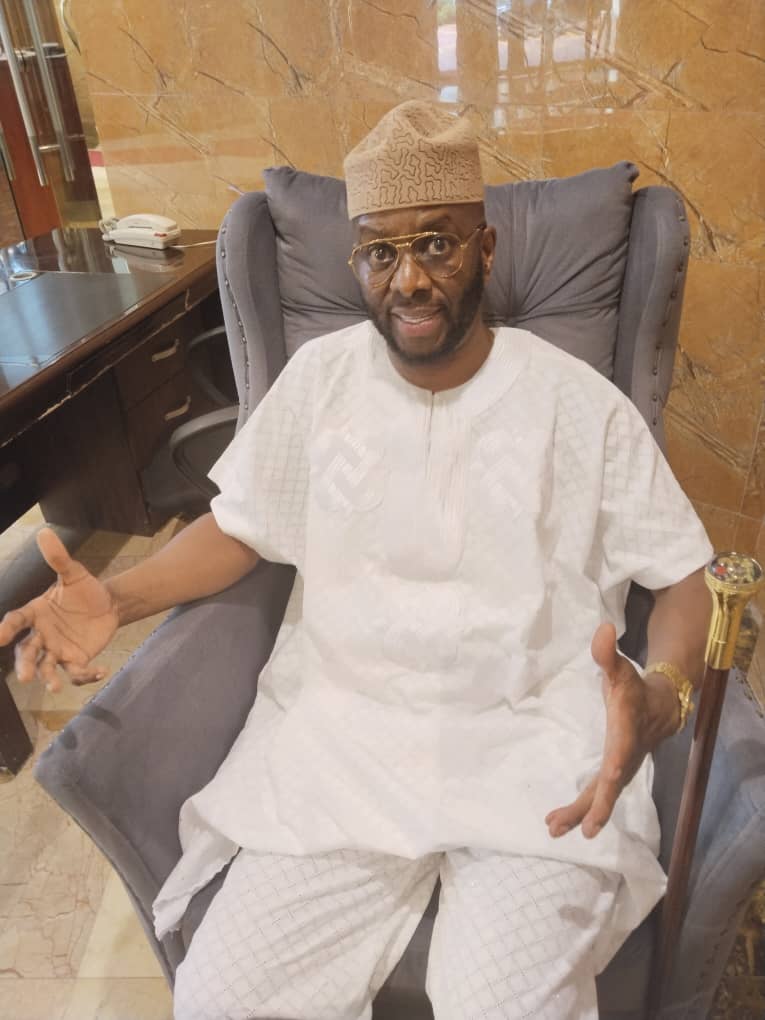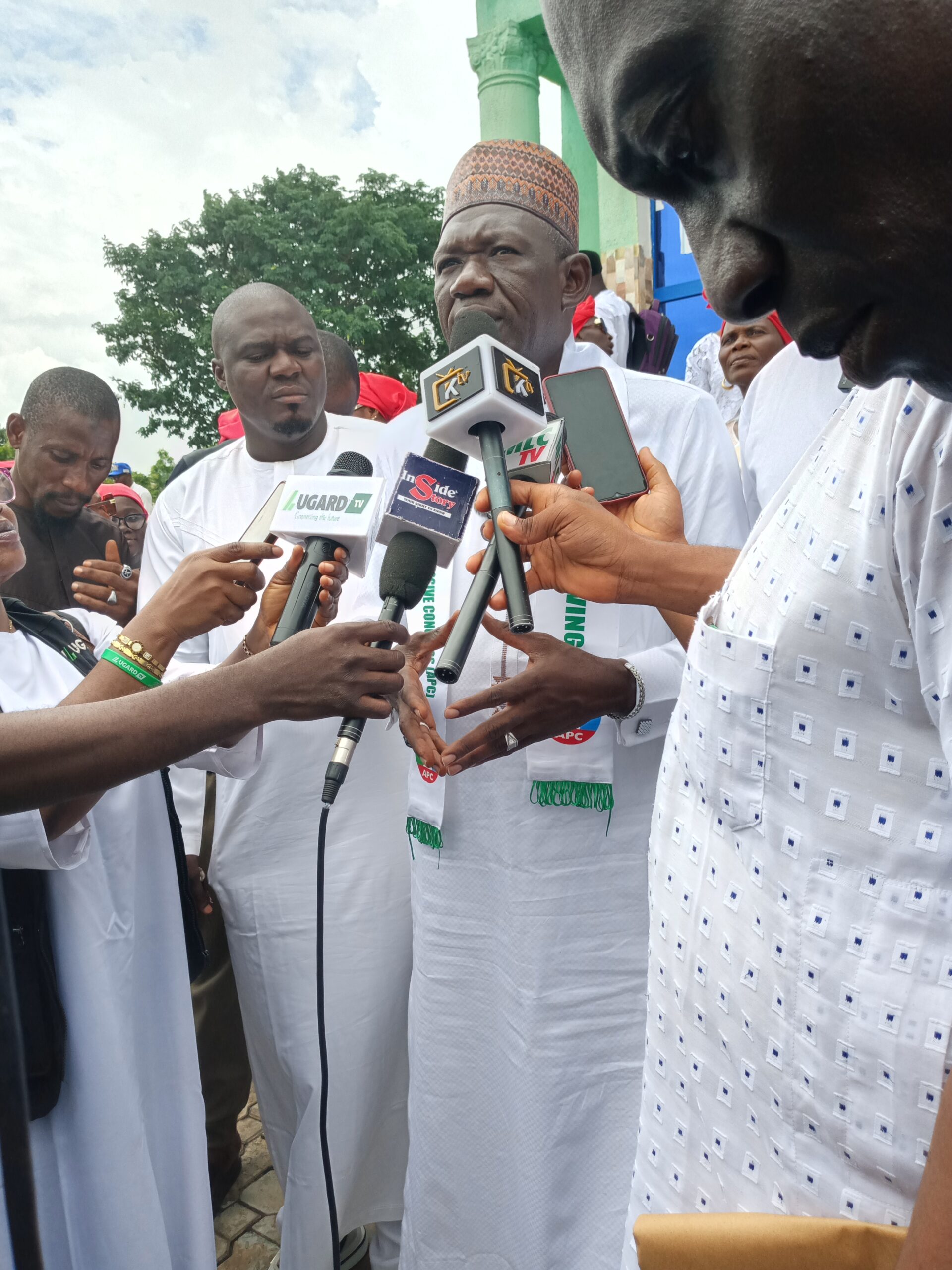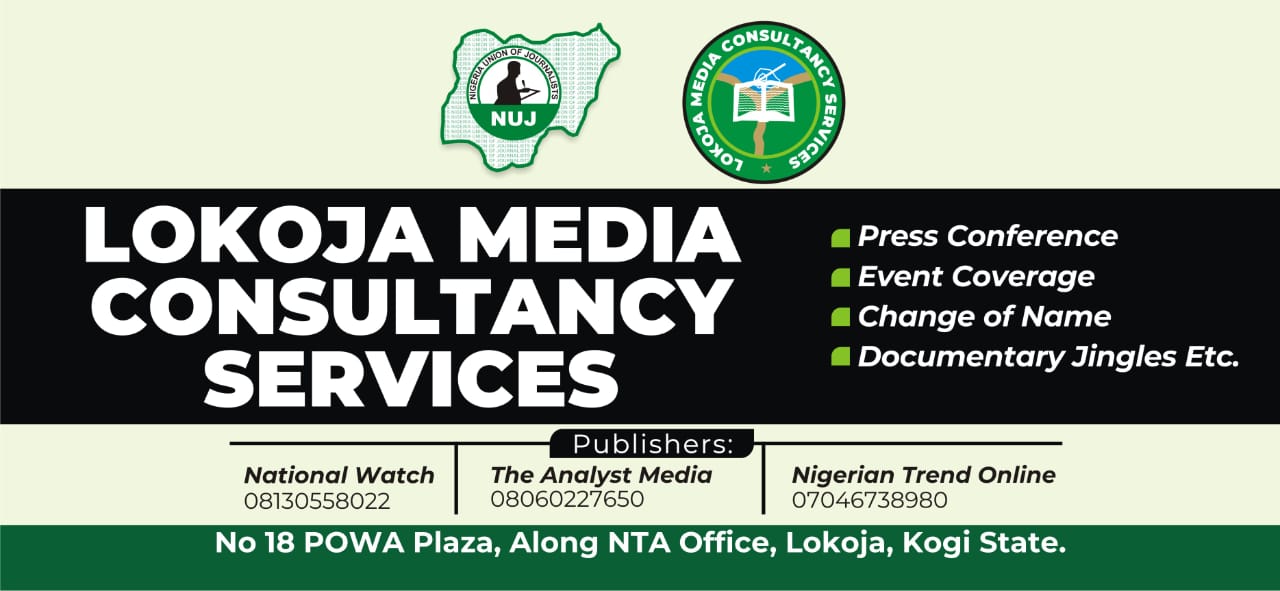
By THEWILL.
The ambition of the National Leader of the ruling All Progressive Congress (APC), Asiwaju Bola Ahmed Tinubu, to preside over the affairs of the country in 2023 has been one issue that has dominated discussions in the past one year and will continue to do so in the coming months. Every one of his moves are calculated like the movements of dices on the draught board.
For a man who is famed for many political exploits that makes him a must mention in political scheming, calculations and plots in Nigeria, with Lagos as his base, issues surrounding his health have become a source of public focus and debate recently. Earlier in the year, the Jagaban Borgu reportedly flew to Paris, France for the treatment of an undisclosed illness. His media office denied the trip was connected with ill- health. Recently, the media has been awash with another health trip, this time for surgery in Maryland in the United States of America, after which he travelled to London for a rest, where Governor Babajide Sanwo-Olu paid him a visit and took a photograph with him with no accompanying message.
Although Sanwo-Olu told journalists that the visit was to confirm things for himself about the reported ill-health of Tinubu and that the APC leader was hale and hearty, it still did not explain the absence of the Jagaban from important political and personal events he had religiously participated in as a matter of life and death in the past years.
Health Posers
Tinubu has not been involved in official and party functions in the country for a long time, despite his interest in the 2023 presidency.
It is gathered that Tinubu has been battling health challenges and is currently recuperating in London after he left a hospital in Maryland, the United States of America.
Only a few days ago, pictures of Tinubu and Governor Sanwo-Olu in London were circulated widely in the media to corroborate this fact.
Tinubu, who has had several medical trips this year alone, was said to have had a surgery and could be billed for another one over a yet-to-be-disclosed illness.
Fuelling the suspicion about Tinubu’s health is the fact that he couldn’t participate in the launching of his Arewa Library, nor participate in the local government area elections held in Lagos a few weeks ago.
Unlike him, Tinubu also was not in Lagos for the Eid- el- Kabir ceremony. A strong Muslim, he has not missed the ceremony in the country since he was governor of the state in 1999.
He could not also attend last week’s APC congress due to health reasons.
Tinubu, it was also gathered, was in January this year sick and hospitalised in Paris, France. He was said to have complained of exhaustion before travelling out to rest after the news of his collapse at a public event went viral.
2023 Presidential Ambition
Although he has not officially declared his interest to contest the 2023 presidential election, his body language has suggested so.
Also, a group supporting his ambition was launched about a year ago in Ibadan, the Oyo State capital. The group which styles itself, ‘ South West Agenda for Asiwaju’, SWAGA is led by former Minister of Works, Dayo Adeyeye and has been in the forefront campaigning for Tinubu’s presidency come 2023.
It was gathered from sources in the APC that there was an unwritten agreement in the party that a southerner will succeeds Buhari in 2023. This was corroborated recently by the former Governor of Ogun State and a chieftain of the party, Chief Olusegun Osoba. Some even put it more succinctly that the agreement was that Tinubu would succeed Buhari in 2023.
However, some northern leaders of the party have also declared that there was no such agreement. In 2020, following an internal party crisis which led to the removal of Tinubu’s ally and party chairman, Adams Oshiomole, it is believed the move was intended to scuttle Tinubu’s presidential ambition, ahead of 2023.
But despite this, Tinubu has remained undeterred. He has criss-crossed the country in the last two years. Not only that, he has extended his hands of philanthropy to the northern part of the country whenever there was any disaster like fire incidents.
There are indications that the northern group within the APC may not be comfortable with Tinubu’s ambition and that they would prefer another person like Governor Kayode Fayemi of Ekiti State or the current Minister of Transportation, Rotimi Amaechi, for the country’s top job, come 2023.
Another hurdle in the realisation of Tinubu’s ambition is the issue of religion as many believe that being a Muslim, it may be very hard for the party to get a good Christian vice presidential candidate from the North.
Asiwaju’s Exploits
Born on March 29, 1952 in Osun State, Tinubu went to the United States in 1975, where he studied first at Richard J. Daley College in Chicago, Illinois and then at Chicago State University where he graduated in 1979 with a Bachelor of Science degree in Accounting.
He worked for the American companies, Arthur Andersen, Deloitte, Haskins, & Sells, and GTE Services Corporation. After returning to Nigeria in 1983, Bola Tinubu joined Mobil Oil Nigeria and later became an executive of the company.
His political career began in 1992, when he joined the Social Democratic Party where he was a member of the Peoples Front faction led by Shehu Musa Yar’Adua and made up of other politicians, such as Umaru Yar’Adua, Atiku Abubakar, Baba Gana Kingibe, Rabiu Kwankwaso, Abdullahi Aliyu Sumaila, Magaji Abdullahi, Dapo Sarumi and Yomi Edu. He was elected to the Senate, representing the Lagos West constituency in the short-lived Nigerian Third Republic.
After the results of the June 12, 1993 presidential elections were annulled, Tinubu became a founding member of the pro -democracy National Democratic Coalition, a group which mobilised support for the restoration of democracy and recognition of Moshood Abiola as winner of the June 12,1993 presidential election. Following the seizure of power as military head of state by General Sani Abacha, he went into exile in 1994 and returned to the country in 1998 after the death of the military dictator, which ushered in the transition to the Fourth Nigerian Republic.
In the build up to the 1999 general elections, Tinubu went on to win the Alliance for Democracy, AD primaries for the Lagos State governorship elections in defeating Funsho Williams and Wahab Dosunmu, a former Minister of Works and Housing. In January 1999, he stood for the position of Governor of Lagos State on the AD ticket and was elected governor.
Perhaps, the golden era of Tinubu began with his assumption of office as governor of Lagos State in May 1999. His achievements in office between 1999 and 2007 endeared him to Nigerians across the nook and crannies of the country as Lagos state under him became a model for other states especially the geometrical increase of its Internally Generated Revenue.
From there Tinubu rose to national prominence and also had a firm grip of Lagos State as he single handedly handpicked his successor, Babatunde Raji Fashola (SAN) and those that followed him, Akinwumi Ambode ( 2015-2019) and the incumbent Governor Babajide Sanwo – Olu.
This development has made Nigerians to widely perceive him as the “Godfather of Lagos”, leveraging his political capital in the mega city-state to influence regional and national affairs.
In 2007, following the landslide victory of the Peoples Democratic Party (PDP) in the April 2007 elections, Tinubu was active in negotiations to bring together the fragmented opposition parties into a “mega-party” capable of challenging the PDP. In February 2013, Tinubu’s negotiations in creating a “mega opposition” party became paid off with the merger of Nigeria’s three biggest opposition parties – the Action Congress of Nigeria (ACN), the Congress for Progressive Change (CPC), the All Nigeria Peoples Party (ANPP), a faction of the All Progressives Grand Alliance (APGA) and the new PDP (nPDP), a faction of serving governors of the then ruling People’s Democratic Party[32] – into the All Progressives Congress (APC).
In 2014, Tinubu supported former military head of state ,General Muhammadu Buhari, leader of the CPC faction of the APC – who commanded widespread following in Northern Nigeria, and had previously contested in the 2003, 2007, and 2011 presidential elections as the APC presidential candidate.
Tinubu initially wanted to become Buhari’s vice presidential candidate but later conceded for Yemi Osibanjo, his ally and former commissioner of justice.
In 2015, Buhari rode the APC to victory, ending the sixteen years rule of the PDP, and marking the first time in the history of Nigeria that an incumbent president lost to an opposition candidate.
Tinubu has gone on to play an important role in the Buhari administration, supporting government policies and holding onto the internal party reins, in lieu of his long-held rumored presidential aspiration. In 2019, he supported Buhari’s re-election campaign defeating the PDP candidate Atiku Abubakar.
The 2023 Question
Will Nigerians view Tinubu’s health challenges positively in light of his ambition to govern the country. Political analysts believe this may whittle down the general support for his ambition. They are of the opinion that Nigerians may be wary of supporting anybody with health challenges for the country’s top job, given the experience of the incumbent president, Muhammadu Buhari who has travelled abroad several times for medical treatment and he is currently in London for the same purpose.


